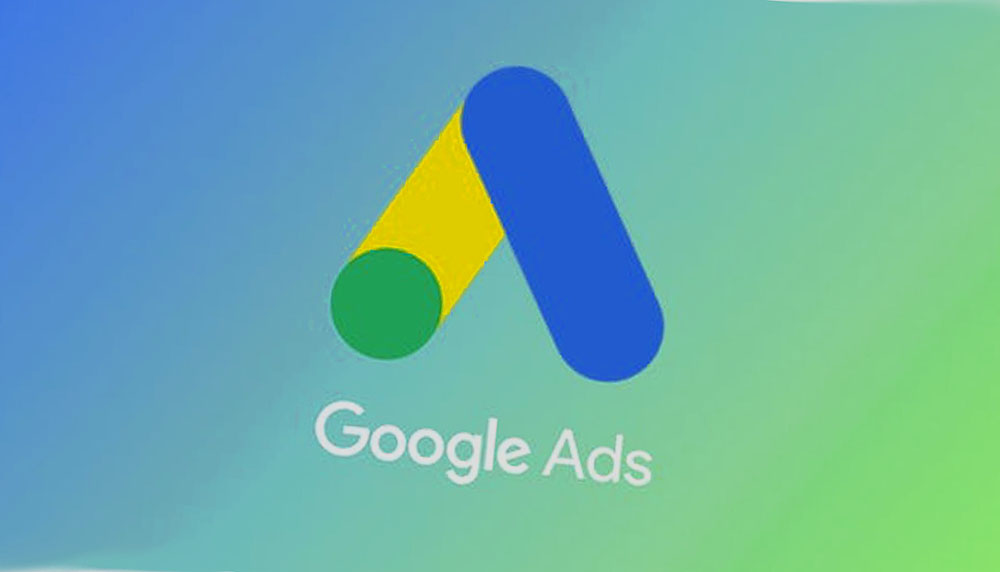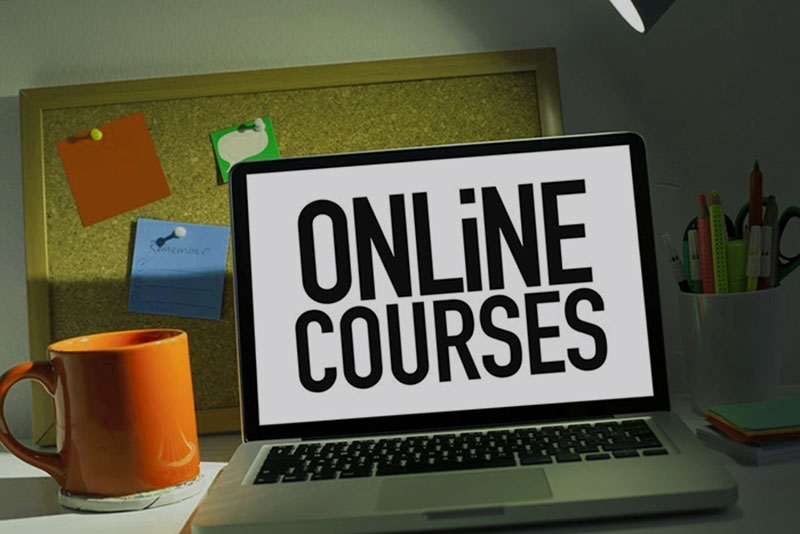In today’s digital landscape, online courses have become a thriving market. Whether you’re an educator, entrepreneur, or business looking to expand your reach, promoting an online course effectively is crucial.
Why Promoting an Online Course Matters
Creating a high-quality online course is just the beginning. Without proper promotion, even the best course can go unnoticed. Effective marketing ensures higher visibility in a competitive market, better audience engagement, and increased course sales and ROI.
The e-learning market is projected to reach over $400 billion by 2026. With such growth, the competition is fierce. This is why focusing on effective marketing techniques ensures your course does not get lost among countless others. A well-promoted course attracts learners, builds trust, and ensures long-term profitability. Whether your focus is on niche expertise or broad industry skills, promotion is the key to success.
Building a Marketing Strategy for Online Courses
A strong marketing strategy involves identifying your target audience, choosing the right platforms, and executing campaigns with measurable goals. Without a clear roadmap, your promotional efforts might lack direction. A detailed strategy ensures you use your resources effectively and reach the right people.
Understand Your Target Audience
Knowing your audience helps tailor your content and messaging. Ask yourself:
- What are the demographics of my ideal learner?
- What pain points does my course address?
- What motivates my audience to invest in learning?
Gather insights from surveys, social media polls, or competitor analysis. The more you know, the better you can craft your marketing message. For instance, a course aimed at professionals should emphasize career advancement, while one for hobbyists can focus on personal growth and enjoyment.
Leverage Social Media Marketing
Social media platforms like Instagram, Facebook, LinkedIn, and even TikTok are excellent for course promotion. These platforms provide an opportunity to showcase your course to millions of users. Use:
- Regular posts with engaging visuals to capture attention
- Testimonials and success stories from past students to build credibility
- Short video snippets, reels, or live sessions to highlight course content or answer FAQs
Social media is also a great space to collaborate with influencers and run paid ad campaigns, ensuring you reach the right audience at the right time.
Optimize Your Website for SEO
Your website serves as the digital storefront for your course. A well-optimized site attracts organic traffic and converts visitors into students. Include keywords like “best online course for [your niche]” in your page titles, meta descriptions, and content. Add engaging visuals, testimonials, and clear CTAs on your landing page. Don’t forget to use blog posts to answer common questions and provide value, establishing your authority in the field.

Essential Promotion Channels for Online Courses
There are multiple ways to reach potential learners. By diversifying your promotion channels, you increase your chances of attracting a larger audience.
Email Marketing
Email campaigns are a direct way to connect with potential students and keep existing learners engaged. Create sequences for different stages of the buyer’s journey:
- Welcome emails for new subscribers with an overview of your course
- Regular newsletters featuring course updates, tips, or industry insights
- Exclusive offers or discounts to incentivize sign-ups
A well-crafted email with a strong CTA can lead to high conversion rates. Personalize emails for better engagement and track open and click rates to refine your campaigns.
Webinars and Free Workshops
Hosting free webinars or workshops gives potential learners a taste of what your course offers. These sessions not only demonstrate your expertise but also build trust. Include interactive Q&A sessions, success stories, and a preview of course materials to engage your audience. At the end of the webinar, introduce limited-time discounts to encourage immediate enrollment.
Collaborate with Influencers
Influencer marketing can give your course a significant boost, especially in niche markets. Partner with industry leaders, bloggers, or YouTubers whose audiences align with your course topic. Ask them to share reviews, host a giveaway, or feature your course in their content. Influencers with loyal followers can bring credibility and amplify your reach.
Maximizing Student Engagement
A happy and engaged student is the best marketing tool. When students find value in your course, they’re more likely to recommend it to others. Engagement doesn’t stop after enrollment; it’s an ongoing process.
Focus on providing exceptional support. Respond to questions promptly and ensure your course materials are user-friendly. Building a community around your course, such as a private Facebook group or Discord channel, allows students to connect, share experiences, and stay motivated.
Offering additional perks, such as downloadable resources, bonus content, or certifications, keeps learners engaged and increases the perceived value of your course. When students feel supported and see results, they become advocates who naturally promote your course through word-of-mouth.
“Satisfied students are your best brand ambassadors.”
Paid Advertising for Online Courses
Investing in paid ads can help you target a specific audience and scale your efforts quickly. Start by identifying which platform your potential students use the most.

Popular Advertising Platforms
- Google Ads
Target users searching for terms like “online course for [your topic].” - Facebook Ads
Leverage Facebook’s detailed audience targeting to reach different demographics. - LinkedIn Ads
Ideal for professional courses focused on career advancement.
Tips for Crafting Effective Ad Copy
When creating ads, focus on benefits rather than features. Highlight how your course solves problems or improves lives. Use clear, actionable language like “Enroll now to kickstart your career!” or “Join 5,000+ students who’ve transformed their skills.”
Track performance using analytics tools to measure the ROI of your campaigns. Test different ad formats, such as carousel ads or video ads, to see what resonates with your audience.
Measuring Success and Refining Your Approach
Effective marketing doesn’t end with launching campaigns. Consistently track your efforts to understand what’s working and where improvements are needed. Use tools like Google Analytics and heatmaps to measure:
- Website traffic and its sources
- Conversion rates on landing pages
- Bounce rates and average time on page
- Performance of email campaigns and social media posts
Analyze these metrics to refine your strategy. For instance, if your email open rates are low, experiment with subject lines. If your paid ads have a high click-through rate but low conversions, optimize your landing page.











